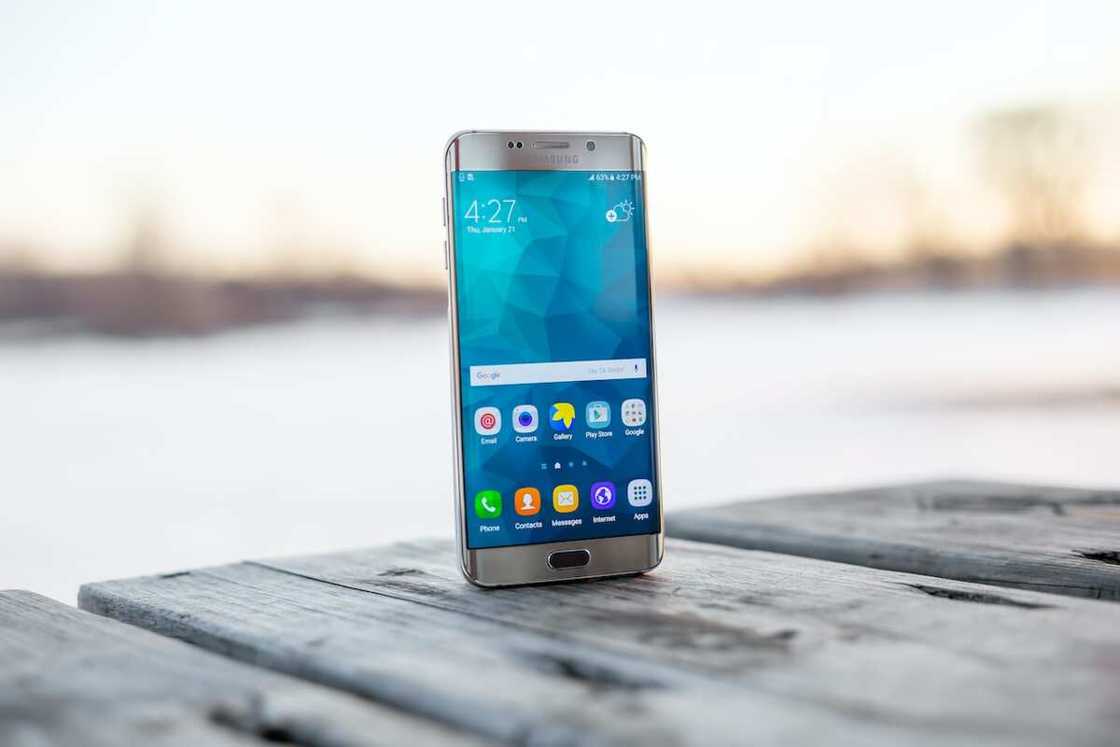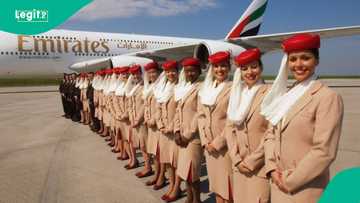Why Mobile Phones Must Be Switched Off During Flights: Aviation Safety Explained
- Mobile phones and electronic devices may seem harmless mid-flight, but aviation experts warned they can interfere with critical aircraft systems
- Global regulations require passengers to switch off devices below 10,000 feet to prevent potential disruptions to avionics and flight safety
- Despite no confirmed crash links, dozens of reported incidents suggest electromagnetic interference from gadgets remains a serious concern
Air travellers often question the need to switch off mobile phones during flights, especially when cruising at high altitudes. While the practice may seem outdated in an era of advanced technology, aviation authorities and experts maintain that electronic devices can pose serious risks to aircraft systems.
According to global aviation regulations, passengers are required to turn off electronic devices below 3,000 metres (10,000 feet), even if the devices are in flight mode. Above this altitude, laptops and music players may be used, but mobile phones must remain off unless explicitly permitted by the airline.

Source: Getty Images
The US Federal Aviation Administration (FAA) prohibits the airborne use of mobile phones, citing potential interference with aircraft instruments.
The agency states:
“Devices may be used in airplane mode or with cellular connection turned off. You may use WiFi connection on your device if the aircraft is equipped with a WiFi system and the airline permits its use.” The Federal Communications Commission (FCC) reinforces this, noting that “the use of cellular telephones while the aircraft is airborne is prohibited by FCC rules.”
Avionics systems: Why interference matters
BBC technology journalist Katia Moskvitch explained that personal phones and other electronic gadgets could interfere with avionics—critical systems used for navigation, communication, and monitoring aircraft stability.
These systems rely on sensors to relay accurate data to the cockpit, and radio waves emitted by devices such as Kindles, laptops, and handheld gaming consoles can disrupt these signals.
If the frequencies emitted by passenger devices overlap with those used by avionics, they may corrupt readings and compromise systems like radar, communications, and collision avoidance technology.
The risk increases when devices malfunction or when multiple signals combine, potentially overwhelming aircraft sensors.
Although no aviation accident has been directly linked to mobile phone interference, experts warn that flight recorders may not detect electromagnetic disruptions caused by passenger devices. Moskvitch cited the US Aviation Safety Reporting System, maintained by NASA, which documented 50 safety incidents attributed to phone use. One report stated:
“First Officer reported compass systems malfunctioned during initial climb. When passengers were asked to ensure all devices were off, the compass system returned to normal.”
A 2006 analysis revealed 77 cases strongly associated with electronic interference, while the International Air Transport Association (IATA) recorded 75 incidents between 2003 and 2009 where pilots suspected mobile phones were the cause.
Airline rules: What passengers should know
Despite some airlines advertising in-flight phone usage, Moskvitch clarified that such allowances typically apply only during cruising altitude, not during take-off or landing. The Nigeria Civil Aviation Authority (NCAA) echoed this stance, listing the unauthorised use of mobile phones and electronic devices as a punishable offence.
Michael Achimugu, director of Public Affairs & Consumer Protection at NCAA, outlined several prohibited behaviours, including:
• Smoking in aircraft or non-smoking areas of terminals
• Using mobile phones without the aircraft commander’s approval
• Disorderly conduct or nuisance behaviour
• Disobeying lawful instructions from crew or airport staff
• Tampering with aircraft equipment or smoke detectors
• Carrying prohibited items such as sharp objects or flammable liquids
• Entering restricted airport areas without clearance
• Taking photos or videos in restricted zones
Penalties for violating aviation safety rules
Passengers who operate electronic devices against crew directives may face maximum civil penalties. Other infractions, such as drinking unauthorised alcohol, interfering with crew members, or refusing to fasten seat belts, attract penalties ranging from moderate fines to criminal referrals.
The NCAA empowers aircraft commanders and airport authorities to restrain unruly passengers and enforce safety protocols. Travellers who endanger flight operations or other individuals onboard may face severe legal consequences

Source: UGC
NCC approves 46 new types of mobile phones
Legit.ng earlier reported that the Nigerian Communications Commission (NCC) added 42 brands to the list of approved phones for use in Nigeria.
According to the telecommunications regulator, the number of approved phones in the country as of August 27, 2024, is now 2,303, an increase from 2,257 as of June 6, 2024.
Proofreading by Funmilayo Aremu, copy editor at Legit.ng.
Source: Legit.ng






